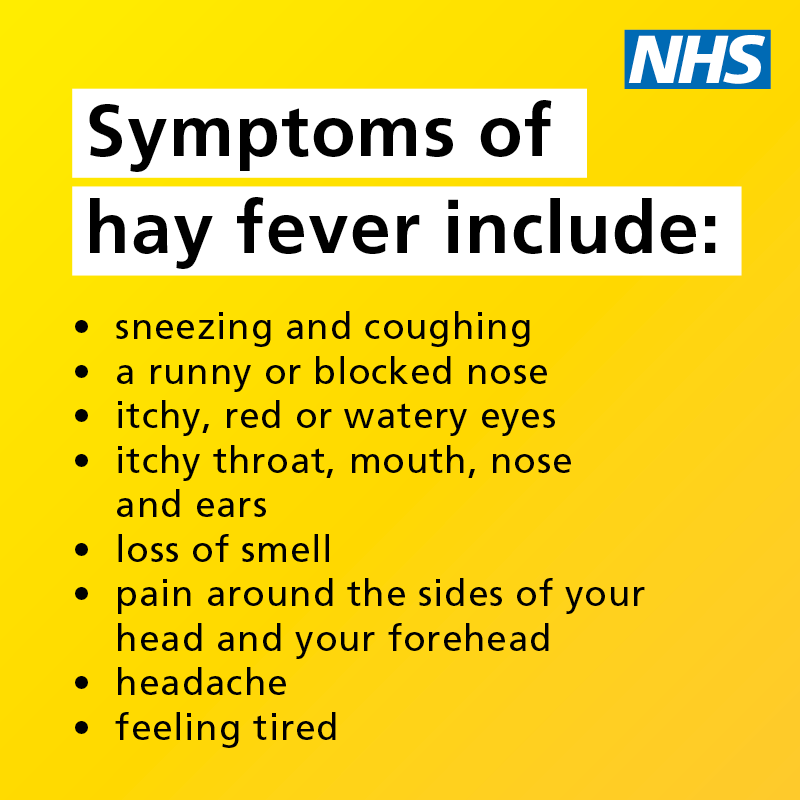Surviving Allergy Season: Hay Fever Help from Your Local GP Surgery
Spring is in the air… and so is the pollen!
What Causes Hay Fever?
Hay fever (seasonal allergic rhinitis) is caused by an allergic reaction to pollen — a fine powder released by plants. There are three main types of pollen that trigger symptoms:
- Tree pollen: March–May
- Grass pollen: May–July
- Weed pollen: June–September
Who’s most at risk of hay fever?
Anyone can get hay fever. It usually begins in childhood or during your teenage years.
You’re more likely to develop hay fever if you have a family history of allergies, particularly asthma or eczema.
Many people find their symptoms improve as they get older.


Tips to Reduce Symptoms:
1. Check the pollen forecast.
You can check daily pollen levels via the Met Office website or weather apps. Try to stay indoors on high pollen days, especially during peak times (early morning and late afternoon).
2. Keep windows closed.
At home and in the car, especially during high pollen hours.
3. Shower and change clothes.
After being outdoors, this helps remove pollen from your skin and hair.
4. Try over-the-counter remedies.
Antihistamines, nasal sprays and eye drops can help — speak to your pharmacist for advice.
5. Wear wraparound sunglasses.
These help shield your eyes from pollen when you’re out and about.
When to Speak to Your GP
If your symptoms are severe, year-round, or not helped by pharmacy treatments, please get in touch. We can:
- Offer stronger prescription medications
- Refer you for allergy testing if needed
- Discuss longer-term options like immunotherapy
Don’t suffer in silence — hay fever can affect your sleep, focus, and quality of life. Help is available.
Download the NHS App
Did you know you can order repeat prescriptions, check your medical records, and book appointments directly from your smartphone?
Download the NHS App to manage your health more easily — especially helpful during busy spring and summer months.
Allergy season doesn’t have to mean staying indoors. With the right support and treatment, you can reclaim your spring!